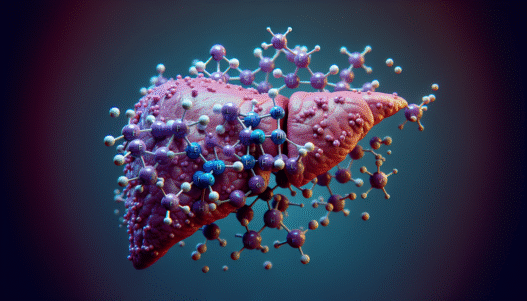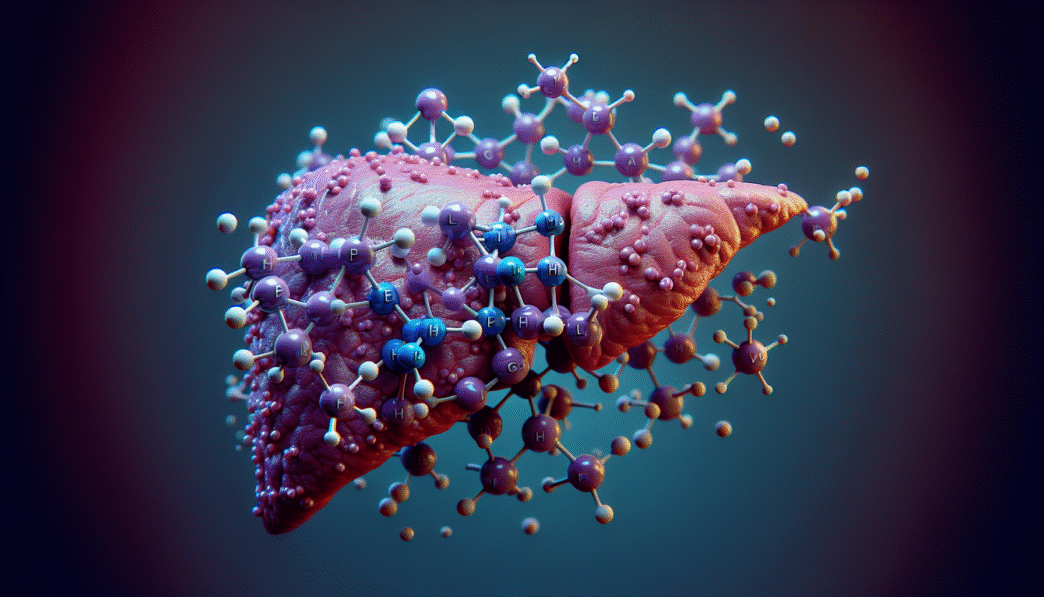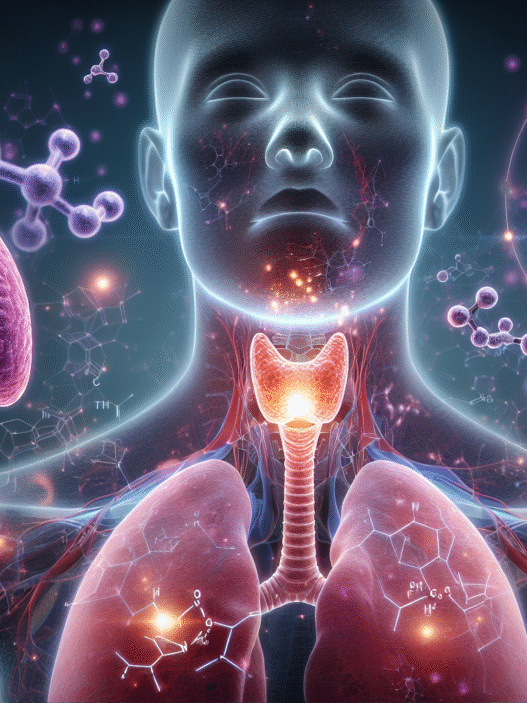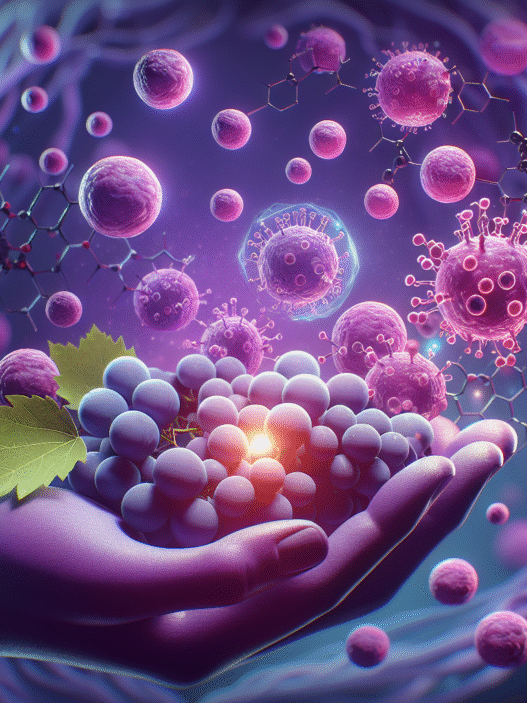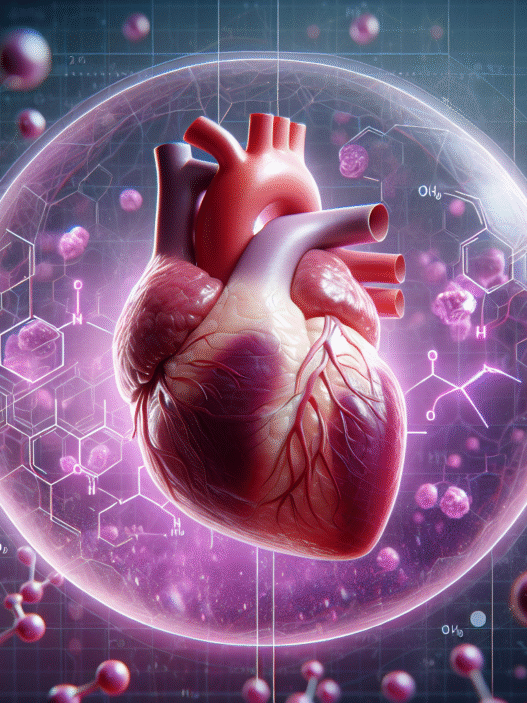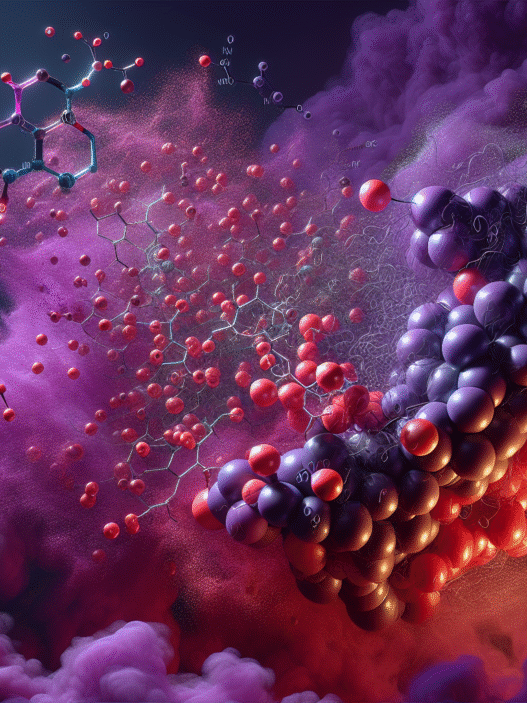Understanding Resveratrol
Resveratrol is a naturally occurring compound primarily found in the skin of grapes, berries, and peanuts. It has garnered attention due to its potential health benefits, particularly in the fields of anti-aging and holistic wellness.
Benefits of Resveratrol Consumption
The consumption of resveratrol is associated with various health benefits. It is recognized for its protective effects on brain function, as it may help shield brain cells from damage. This benefit is partly attributed to its antioxidant and anti-inflammatory properties, which are vital in maintaining cognitive health. However, research is ongoing to determine the efficacy of supplemental resveratrol in humans (Healthline).
Other notable benefits include:
- Lowering blood pressure
- Protecting against heart disease
- Reducing inflammation
Additionally, resveratrol has demonstrated a protective effect against blood vessel damage and can assist in lowering cholesterol levels and preventing blood clots. These attributes make it invaluable for individuals at risk for cardiovascular issues (WebMD).
| Health Benefit | Description |
|---|---|
| Brain Protection | Protective effects on brain cells |
| Blood Pressure Lowering | Potential to reduce blood pressure |
| Heart Disease Prevention | Helps protect against damage to blood vessels |
| Cholesterol Regulation | Lowers “bad” cholesterol (LDL) levels |
Resveratrol and Lifespan Extension
Research has indicated that resveratrol may play a role in extending lifespan. Studies conducted on various organisms, including yeast and mice, show that this compound activates certain genes associated with longevity. These findings, however, do not directly translate to humans, and the exact effects remain uncertain (Healthline).
More research is essential to fully understand the implications of resveratrol on lifespan in humans. While it shows promise, individuals interested in exploring its potential as an anti-aging supplement should consider current findings and expert opinions. For further insights on potential downsides, individuals may refer to what is the downside of resveratrol?.
Exploring resveratrol’s benefits, particularly its potential to extend lifespan, provides valuable insights for those seeking natural health alternatives. That knowledge empowers individuals to make informed choices regarding resveratrol consumption and its safety in relation to liver health.
Resveratrol and Cardiovascular Health
Resveratrol has garnered attention for its potential benefits on cardiovascular health. Research indicates that this compound might offer several advantages for the heart, particularly in regulating blood pressure and affecting cholesterol levels.
Impact on Blood Pressure
Resveratrol supplements have been associated with lowering blood pressure by increasing the production of nitric oxide, which relaxes blood vessels. Although the specifics regarding the ideal dose for maximizing these benefits remain under research, existing studies suggest that resveratrol could be a helpful addition to heart health regimens (Healthline).
| Study | Finding |
|---|---|
| Healthline Study | Increased nitric oxide production leading to relaxed blood vessels |
| WebMD Analysis | Potential reduction in systolic and diastolic blood pressure in subjects taking resveratrol |
Effects on Cholesterol Levels
Resveratrol may help protect against heart disease by reducing inflammation and lowering “bad” cholesterol (LDL). This action makes it more difficult for clots to form, potentially reducing the risk of heart attacks. Moreover, studies indicate that resveratrol offers a protective effect against blood vessel damage and aids in lowering cholesterol levels, contributing to its role in preventing cardiovascular diseases (WebMD).
| Cholesterol Type | Effect of Resveratrol |
|---|---|
| LDL (Bad Cholesterol) | Mainly lowers levels |
| HDL (Good Cholesterol) | May improve or have no significant effect on levels |
It’s important to approach resveratrol with caution. This compound could slow blood clotting, which may increase the risk of bruising and bleeding when taken with medications that also have anticoagulant properties (WebMD). For individuals exploring the health benefits of resveratrol, further information on safety can be found here: what is the downside of resveratrol? and whether do doctors recommend resveratrol?. Additionally, questions regarding the relationship between resveratrol and blood pressure can be explored in our article on can resveratrol raise blood pressure?.
Resveratrol and Metabolic Health
Resveratrol has garnered attention for its potential benefits related to metabolic health. This section delves into its influence on blood fats and its role in diabetes prevention.
Influence on Blood Fats
Research indicates that resveratrol may positively affect serum lipid levels, which are crucial for maintaining cardiovascular health. Various studies suggest that resveratrol works as an antioxidant, potentially improving cholesterol profiles and promoting heart health.
| Lipid Parameter | Effect of Resveratrol |
|---|---|
| Total Cholesterol | May lower levels |
| LDL Cholesterol | May decrease levels |
| HDL Cholesterol | May increase levels |
| Triglycerides | May reduce levels |
Individuals with Type 2 diabetes have shown notable improvements in serum lipid levels upon resveratrol treatment, reversing insulin resistance and aiding in lower blood fat levels. This supports the idea that including resveratrol in one’s diet, through sources like red wine or supplements, can lead to better metabolic health outcomes.
Role in Diabetes Prevention
Resveratrol has shown promising results in increasing insulin sensitivity, which is pivotal in managing blood sugar levels and preventing diabetes-related complications. Animal studies have highlighted its potential benefits, indicating that individuals with diabetes may experience greater advantages from consuming red wine and resveratrol-rich foods compared to those without the condition.
Moreover, resveratrol has demonstrated the ability to lower blood sugar levels and improve glucose tolerance in clinical settings. This suggests a protective effect against the development of Type 2 diabetes, making it a noteworthy addition to a holistic approach to health.
| Diabetes Management Parameter | Effect of Resveratrol |
|---|---|
| Insulin Sensitivity | Increased |
| Blood Sugar Levels | Decreased |
| Complications Prevention | Potential reduction |
Overall, resveratrol appears to play a significant role in metabolic health, contributing to improved blood fat profiles and aiding in the prevention of diabetes. However, it remains essential to consider how resveratrol interacts with other health factors and whether its consumption poses any risks, leading to inquiries about is resveratrol toxic to the liver?.
Resveratrol and Liver Function
Understanding the relationship between resveratrol and liver health is essential for those considering using this compound. Many studies have investigated how resveratrol affects liver enzymes, its potential risks, and the therapeutic effects it may offer.
Resveratrol’s Influence on Liver Enzymes
Resveratrol has been associated with rare instances of serum enzyme elevations during therapy but has not been convincingly linked to clinically significant liver injury. Research on high doses of resveratrol (ranging from 1.5 to 3.0 grams daily) has shown only slight increases in average serum ALT (alanine aminotransferase) and AST (aspartate aminotransferase) levels during therapy. However, these levels return to normal upon discontinuation of use, without any instances of ALT elevations accompanied by jaundice or other symptoms. There have been no published reports indicating liver injury attributable to resveratrol.
| Serum Enzyme | Typical Effect of Resveratrol |
|---|---|
| ALT Levels | Slight rises, return to normal upon discontinuation |
| AST Levels | Slight rises, return to normal upon discontinuation |
Hepatotoxicity Concerns and Studies
Concerns about hepatotoxicity from resveratrol appear to be minimal. Large case studies and nationwide registries focusing on herbal-induced liver injury do not list resveratrol as a causative agent, suggesting that significant liver injury due to this compound is unlikely.
On the contrary, several studies have reported the therapeutic effects of resveratrol on liver disorders. Resveratrol is noted for its protective effects against chemical, cholestatic, and alcohol-induced liver damage. It has been found to enhance glucose metabolism, improve lipid profiles, and reduce liver fibrosis and steatosis. Resveratrol also modifies the fatty acid composition of liver cells, making it a potential therapeutic option for non-alcoholic fatty liver disease (NAFLD).
Additionally, resveratrol plays a role in preventing liver inflammation associated with NAFLD. It regulates Low-Density Lipoprotein (LDL) receptors, decreases diet-induced hepatic fat accumulation through increased fatty acid oxidation, and reduces lipid synthesis via the activation of the AMPK/SIRT1 axis. Notably, studies indicate that resveratrol is more effective at lower doses for reducing hepatic steatosis.
Resveratrol also exhibits antioxidant properties across various hepatic disorders by reducing reactive nitrogen species (RNS), eliminating free radicals, enhancing endogenous antioxidant enzyme activity, and promoting the synthesis of molecules that counteract oxidative stress. This action is particularly significant in liver fibrosis, which is a key factor in the progression of NAFLD (PubMed Central).
Overall, the evidence suggests that rather than being toxic, resveratrol may offer protective benefits for liver function, making it a subject of ongoing research in the quest for holistic health and wellness. For more on the potential downsides of resveratrol, visit what is the downside of resveratrol?.
Resveratrol Interactions and Considerations
Understanding the interactions and considerations associated with resveratrol is vital for natural health enthusiasts. While resveratrol has numerous health benefits, it may also influence how the body processes medications and its impact on blood clotting.
Effects on Liver Breakdown of Medications
Resveratrol can significantly alter the rate at which the liver breaks down certain medications. It interacts with substances processed by the liver, including those that are affected by the Cytochrome P450 enzyme system. This interaction can lead to changes in both the effectiveness and side effects of the medications (WebMD).
Individuals taking medications metabolized by the liver should be cautious when using resveratrol supplements. The altered metabolism could either enhance or diminish the medication’s effects, potentially leading to unanticipated reactions. It’s advisable to consult a healthcare professional before combining resveratrol with prescribed medications.
| Medication Type | Effect of Resveratrol |
|---|---|
| Blood Thinners | May enhance bleeding risk |
| Antihypertensives | Could alter blood pressure effects |
| Statins | May change cholesterol-lowering capabilities |
Impact on Blood Clotting
Resveratrol has been shown to slow blood clotting, which can increase the risk of bruising and bleeding, especially if taken with other medications that also slow down clotting. This is particularly relevant for individuals on blood thinners or those with bleeding disorders.
Given that resveratrol may provide protective cardiovascular benefits—including reducing blood vessel damage and preventing blood clots—it is important to use it judiciously. As with any supplement, consulting with a healthcare provider is necessary to ensure safe usage, particularly if one is concerned about blood pressure fluctuations or interactions with existing conditions. More information can be found in our article on what is the downside of resveratrol? and advice from medical professionals in do doctors recommend resveratrol?.
By understanding the potential interactions and effects of resveratrol, individuals can better navigate its use in supporting their wellness journey while minimizing possible risks.
Resveratrol Dosage and Safety
Understanding the appropriate dosages and potential side effects of resveratrol is essential for those considering its supplementation, especially when evaluating concerns related to liver health.
Recommended Dosages
Low to medium doses of resveratrol are generally acknowledged as safe for daily consumption. Studies indicate that doses of up to 3,000 milligrams per day can be taken safely for up to six months. However, it’s important to note that some individuals might experience stomach upset at these higher levels (WebMD).
| Dosage Range | Safety and Duration |
|---|---|
| Low to medium doses | Considered safe for daily use long-term |
| Up to 3,000 mg/day | Safe for up to six months, may cause upset in some |
Optimal dosages that maximize health benefits without increasing toxicity are still a subject of extensive research. Resveratrol exhibits a biphasic dose response, meaning it may have beneficial effects at low doses while potentially exhibiting toxicity at higher doses. This dose-dependent response may contribute to conflicting findings in research (NCBI).
Possible Side Effects and Cautions
While studies have not indicated any severe side effects associated with resveratrol, toxicity and adverse effects have been reported, warranting further research into long-term effects and interactions with other therapies. Notably, those who are allergic to grapes or wine may experience an adverse reaction.
It is advisable that individuals with specific health conditions, particularly bleeding disorders, consult a healthcare professional before taking resveratrol supplements. Potential interactions with medications and its impact on liver function also necessitate caution (WebMD).
For more detailed insights on the implications of resveratrol consumption, one may look into the article on what is the downside of resveratrol? or refer to discussions on whether doctors recommend resveratrol in general.










